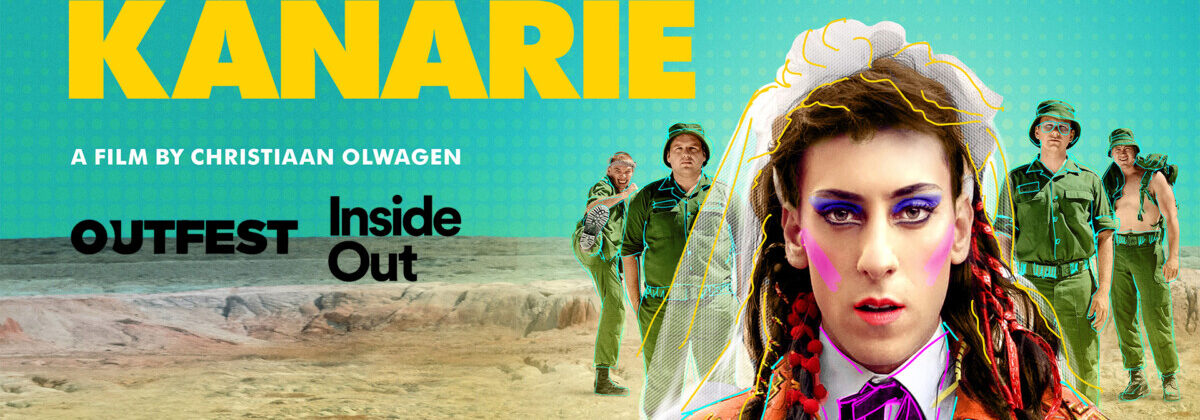Don’t worry this blog is not fashion or beauty focused – or where to get the best deal on travel sized toiletries! Those things you already know about and already have them on your packing list. Below I share 5 other suggestions to add to your list to help you get the best value from your film festival experience.
1. Goals & Schedule
Ensure that you know exactly what you want to achieve from the festival you are attending. Write down your 5 goals that you want to complete and visualise them before you go so that whilst you’re there they will likely materialise. Remember to let go of a fixed, rigid or particular outcome and instead enjoy the festival and see how those goals form. There tends to be a lot going on at a festival therefore it’s always important to put your festival schedule together and make a note of what you are committing to attend to and what events and screenings are important to you in order to help you to achieve your goals. Obviously your own screening is the number one priority!
2. Ensure that your Instagram page is polished and up to date
You’ll find that most of the time when other filmmakers want to connect with others the first thing that they tend to ask for is your Instagram handle. The reason why this is, is because they want to see what creative work you’ve previously done and where you are currently at in your career. The number of followers you have is not the main focal point. Instagram allows you to build up the know, like & trust aspect of a professional relationship.
Filmmakers follow other filmmakers on Instagram to gain access to behind-the-scenes content, get inspired by your creative work, learn about your filmmaking process and stay updated on upcoming projects.
Obviously it is very important that you keep your Instagram page up to date and create visually engaging posts and stories that offer a glimpse into your creative world.
3. Business Cards
An oldie but goodie! A lot of people hate business cards with a passion, however I adore them and still find them to be extremely useful to build connections and very economical to design and print. By handing over a professionally designed and printed business card to a new connection, it makes a solid and strong first impression. They are also still the simplest way to exchange contact details without the need for digital devices. Business cards help you to remember who you met and what that person did.
4. The Film Festival Doctor’s ‘Film Festivals & Looking After Your Mental Health’ Book
For the past 2 years, I have been advising filmmakers how to take care of their mental health as they navigate the intense and sometimes stressful film festival circuit. This is discussed in further detail in my ‘Film Festivals & Looking After Your Mental Health’ E-Book which shares with you some essential tips and techniques with regards to how to adapt the right type of mindset and take care of yourself as you navigate the world of film festivals. The book also includes interviews with filmmakers who share their own journeys with you to offer advice, guidance and support.
Festivals can be intense as you are attending for work purposes and not a holiday. It’s important to plan ahead and prepare yourself. There’s a lot of things happening which can take a lot of time to process and can subsequently take their toll on your mental health.
Read more tips here 👇
And you can download your copy of my E-Book here 👇
5. A budget to live on whilst you’re attending the festival
Festivals can become very costly and especially so if you are attending a festival that is in a very expensive area (such as Los Angeles or New York). However this is an easy one to work around – simply Research costs and look up the total cost of round trip airline tickets, vehicle rentals, and other transportation and the average cost of eating out and eating in.
Get advice from friends and family who live in the area you are going to and ask them for personal and trustworthy advice that is economical to help you save money. They will likely be able to recommend great places to stay, eat and drink and how not to end up spending a fortune at places that are overpriced. And finally, set a daily spending limit. Keep track of your costs via a spreadsheet or a budget app on your phone so they’re organised.




